

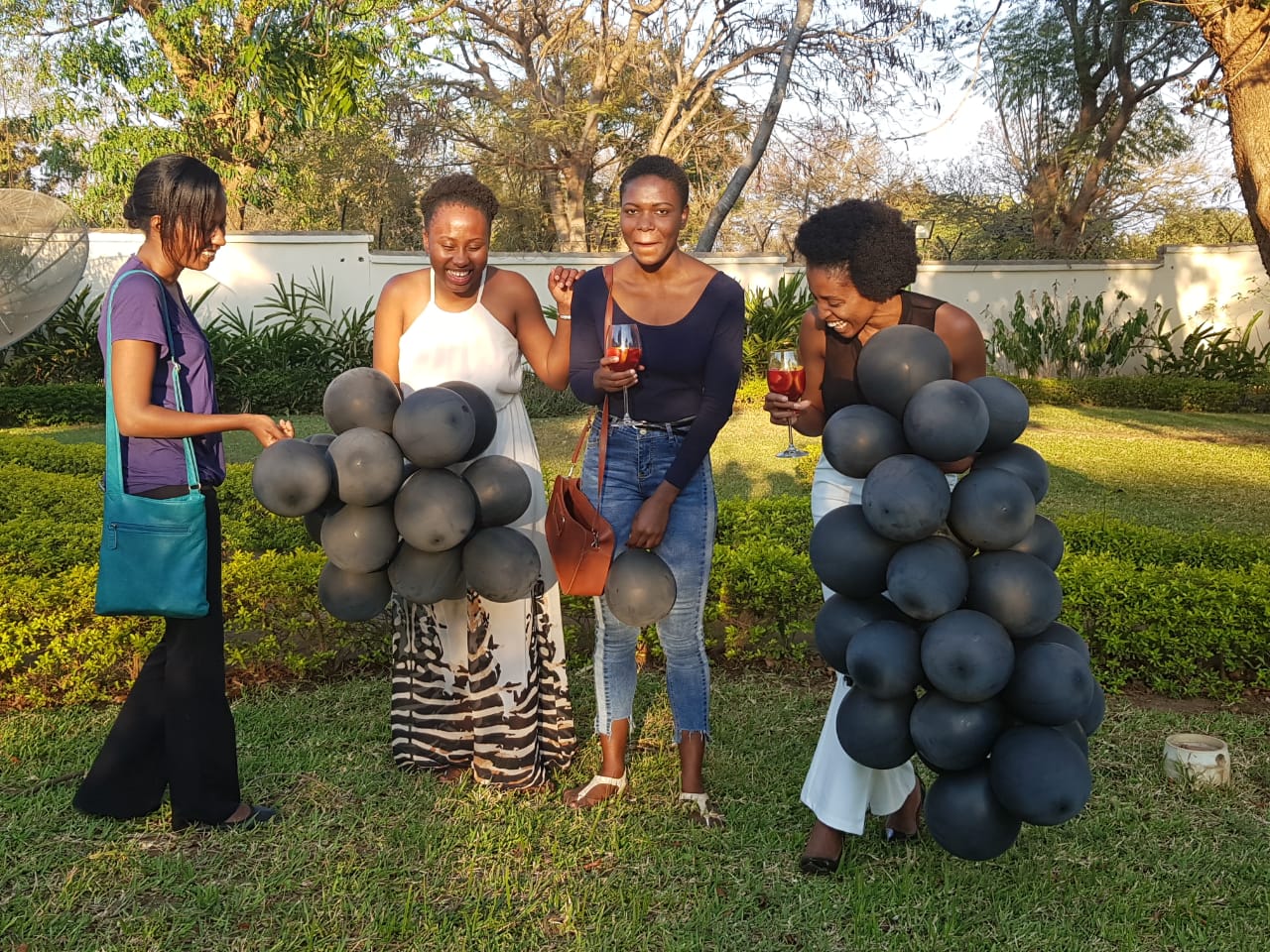
Tricky when I must describe my closest friends – as they are all vastly different. It would be almost impossible to thinking about even creating an average of them. Thinking about it – they have a lot of things in common but gladly, nothing to do with lifestyle. I adore their unique lifestyles, but more importantly I am drawn to their characters and how they remain true to their nature.
They are all smart. All my closest friends are college graduates, so there I suppose you can define me as an average of them. This analysis is similar to all their other attributes. They all know how to respect differences. They are good to all kinds of people. They are honest. They all are kind and genuine. They have dreams and goals. At the core, I could say my friends are all the same.
I have picked up my set of the humans I call friends over life. Some we have grown together, others fallen apart in time.
I remember my first friend. Her name is Vanessa. There was nothing particularly special about our friendship. We never had to click really. Our parents were close friends. We lived in the same neighborhood and were almost the same age. It was only logical that we would be friends. I naturally trusted her as we were both under the age of 5. I do not remember many facts about our friendship. I have no idea what we even ever talked about at the age of 3 or 4, but I know that for a long part of my childhood, I missed that innocent friendship we had. Growing up, kids became mean. I had to work harder to fit it. At times I was betrayed, most times hurt – and every single time I longed for the innocence of the friendship that Vanessa and I had.
It took me a long time and a few untruthful friendships to realise that it was not the exact friendship with Vanessa I missed so must but the basis of it. My friendship with Vanessa was built on truth. We did not know much but we knew each other’s truths. We had very little truth, which made it very easy to connect.
It was not based on social status, how well we fit in with others, how rich our parents were, how smart the other was and so much more than I realized began to matter as I made friends as I grew older. From about age 8 to your teens (some beyond that, which I hope by the end of this book is not your case), we have this huge desire to be accepted. We want to be associated with the coolest kids in school. We want to be among the children that are known to have richer parents. We want to be the beautiful ones, the talented ones, the smart ones. We simply want to hang with the most accepted group of children. You make friends with people you cannot even stand, people that are mean to you, people that do not get your story simply because you want to be accepted.
I made my healthiest friendships in University. It took me way too long, perhaps until I was no longer a teen to know what to look for in a friend. It was not any of the things I had valued before.
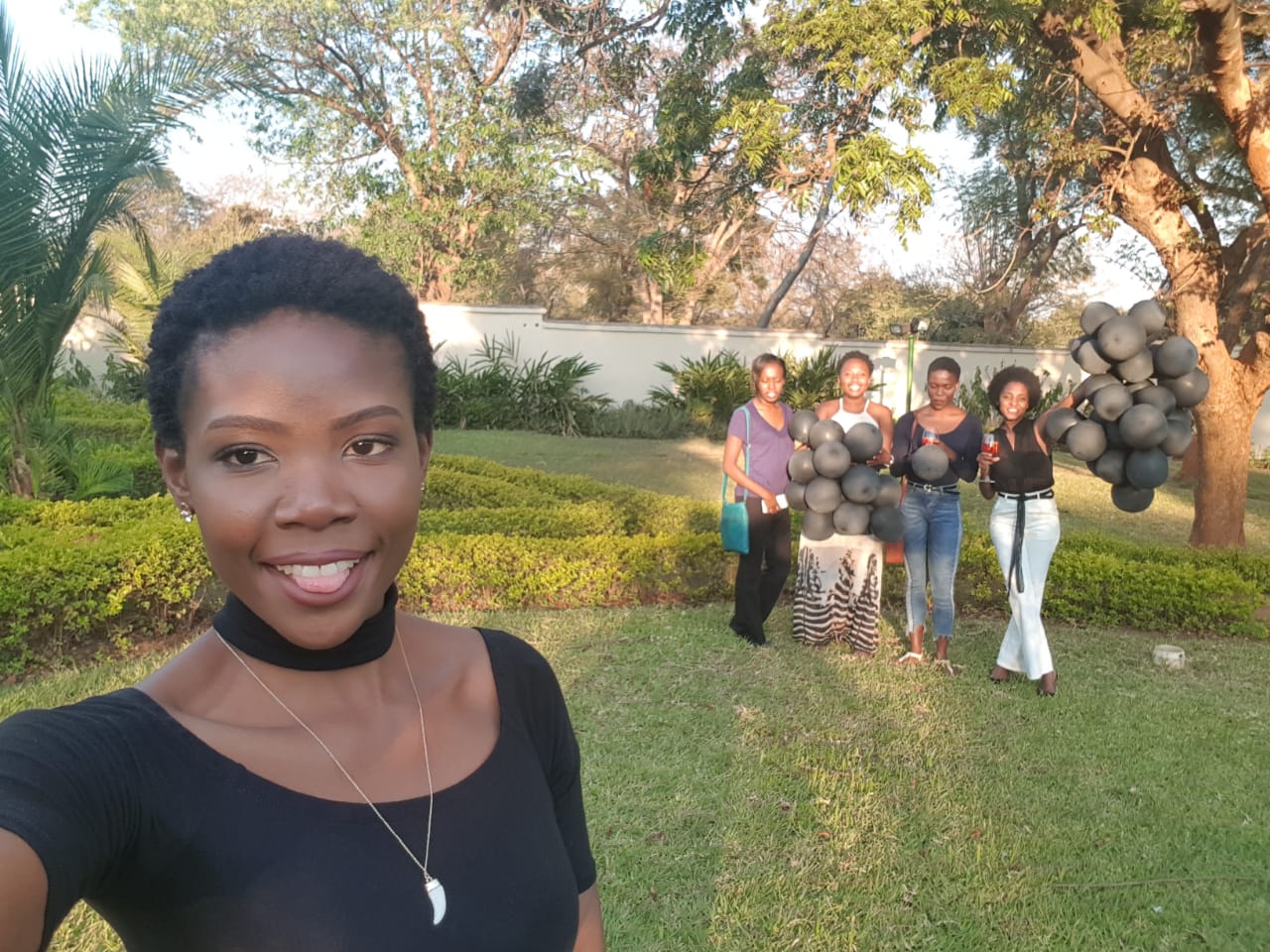
I made friends that never liked me in the beginning. I made friends with people I had never imagined myself associating with. I made friends with beautiful souls. Souls that could speak their truth, express their hurt, be entirely honest about their beings, not only with me but also themselves. By the time I was no longer a teen, I did not have a single person close to me I could have even considered a fake friend. I deeply desired to have known the qualities of a true friend by the end of my teens.
You would love to make friends with people that will be truthful to you when you hurt them. People that you do not have to question if they would defend your honor in your absence. People that you want to be there for because you know exactly how much hurt they have endured and you understand the magic of someone simply saying “I’ll be there”.
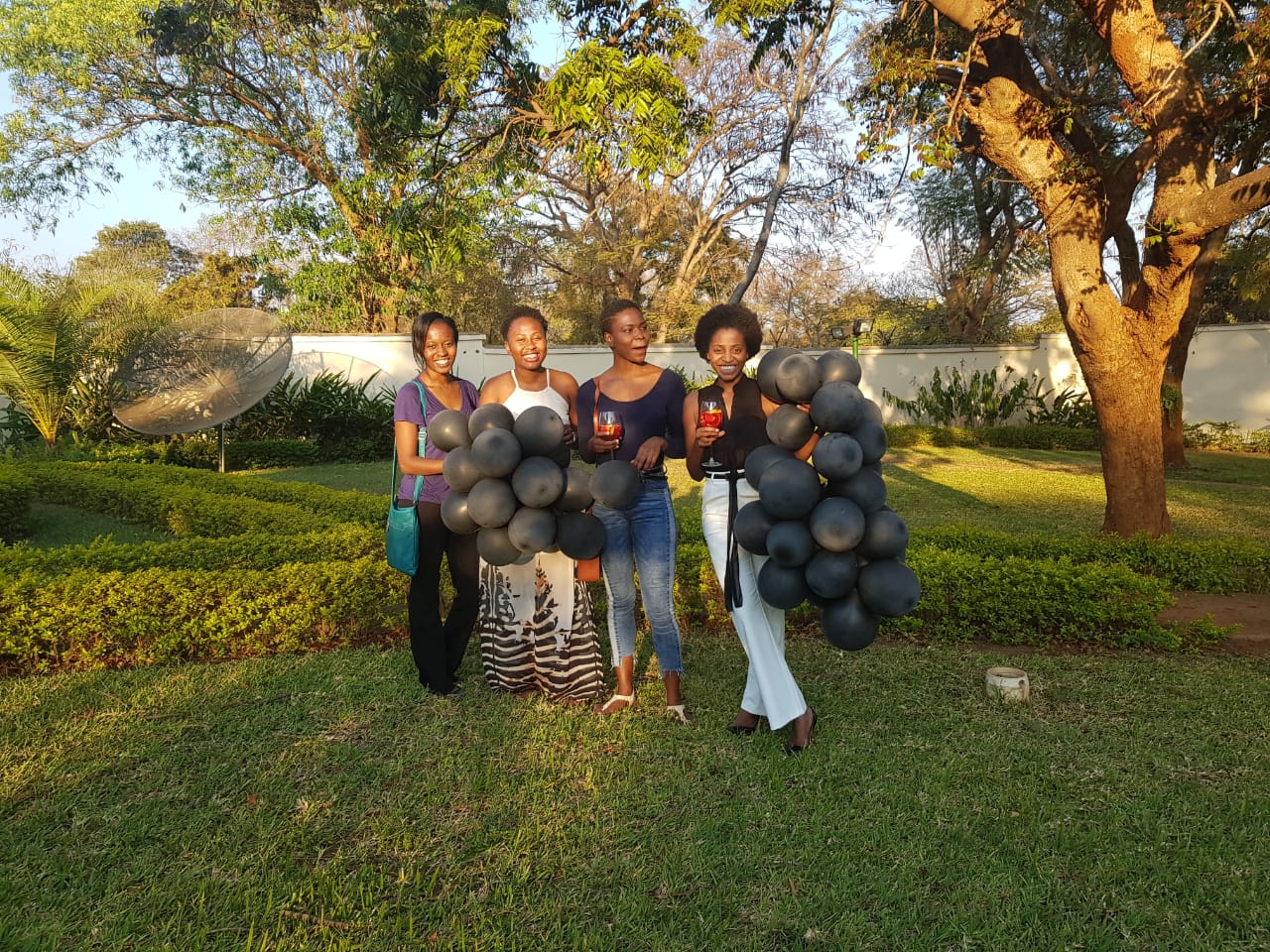
By the end of your teens I hope you focus on being a good friend, instead of being an opportunist looking for things that your “friends” can do for you. You want to be the friend that they need. The law of attraction is a fundamental theory. You attract whatever energy you put out into the world. If you are genuinely good to people (the right people), even if it takes some time, they will eventually be good to you – but do good without expecting anything in return. If the good comes back to you, keep those friends – they are your gems. If it does not, you lose nothing.
Learn the art of letting people go – not dramatically but just releasing them back into the universe. I am inclined to be cliché and say “If you love someone, let them go.” I use this principle with almost every person in my life – love them and leave them free. If they love you back, they will always stick around and those who do, even if it is only one, is everyone you need to get by. You do not need the weight of fake friends or people that feel some type of weight for having to be there for you.
Now when you are a friend to someone, or dare call yourself a friend to someone, you want to make sure you are a good one. You might be a terrible friend and not even realize it.
When you choose to be a friend to someone, you have to learn their love language. Yes friendship is love, and love is a language. As is any language, it is also spoken differently by different people based on where they come from and what they have been exposed to. You cannot be a friend to all your friends in the exact same way – or the way you believe you should be a friend. You have to be the type of friend each single friend of yours needs in their lives – an honest, truthful and reliable friend.
Sometimes our actions and the words that escape our mouths stop going through a filter. Then eventually we’re not even conscious of how horrible we are as a person, friend or love. You have to acknowledge that each person is different. Some people are more sensitive than others. As a friend it is your duty to make sure your friends are not too sensitive around you and that they are comfortable enough to know you would never intend to hurt them – but also never going beyond some boundaries.
We get so used to our friends that we become insensitive to the things we say and do. Sure, that level of comfort can be a good thing, but at the same time a lot of ugliness can start leaking out. It could be a reflection of the person you really are. That would be with reference to your level of self-knowledge and self-healing.
As was mentioned, the law of attraction – before you dream of having good friends, dream of being a great friend. Speaking of how to be a better friend, first you must understand what qualities make up a bad friend.
Are you a good friend?
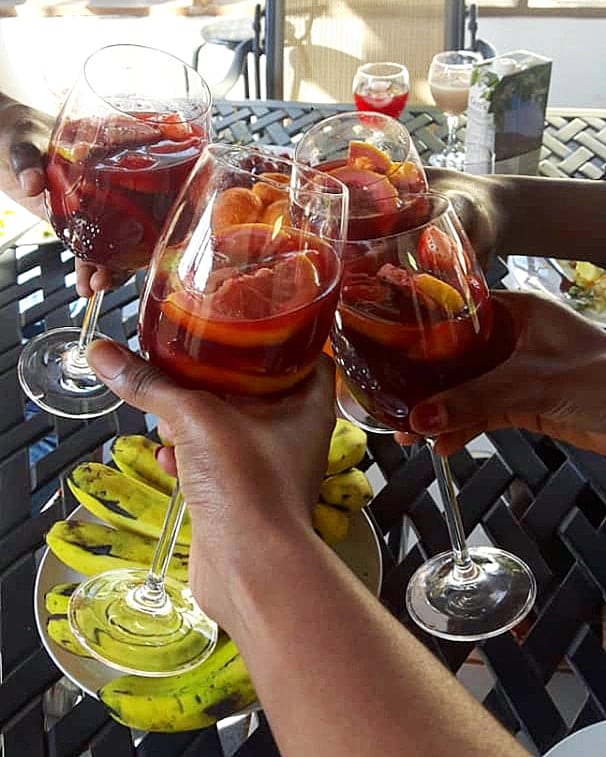
A bad friend is not hard to spot. Vincent Nguyen in his article about being a good friend discusses some things you can use to check if you are a good or a bad friend. Below are the ones I found most fundamental.
1. You project your own negative qualities onto your friends.
The law of attraction – The energy you put out, you attract.
In life you can assume that because you think in a certain way, your friends and others do too. An example is if you’re prone to talking about others behind their back. Because you do it, you’d assume everyone else does the same. This gets annoying and your friends do notice this.
2. You criticize or blame your friends for everything.
You feel like nothing is your fault and you’re always right. Everything wrong is because of other people around you. There is no way you are ever responsible for any wrong doing in your life. You are always the victim. Then you start letting your friends know, even non-verbally, how you feel about the situation. That is how you lose friends.
3. You only spend time with your friends when you need something.
I spoke of being an opportunistic friend. With you it is always about what YOU gain from interacting with your friends. It is rarely ever about them.
When you reach for the phone it’s never to see how they’re doing or to get together and have fun. There is always a reason to call or text. It becomes so habitual that every time you call or text, their response is “What do you need?” If that’s a common response you get from multiple people then you’ve got a clear warning sign.
4. You never think about how they may feel.
Your words hurt like knives and you might not even know it (or care,) because you have a disregard for how they may feel. You don’t stop to wonder how your decisions, actions, and words may affect what your friends think. Sometimes it’s the lack of action that hurts them most. So many things to be mindful of! Are you losing track?
5. You have the need to “one-up” them.
Although this doesn’t always mean you’re a bad friend, it shows some flaws in character on your part. You could begin to wear down the friendship if the other person feels like you constantly show off or downplay their accomplishments. People have enough insecurities and self-esteem issues as is. Don’t make them feel the same way around their own friends.
6. You don’t listen to what they have to say.
Their opinions mean nothing to you and it’s usually drowned out by your own stories. You fight for time to speak and when they are talking you’re usually tapping your feet impatiently for your turn to talk. Oh and they know when you’re pretending to listen. Tossing in a question to make it seem like you care is insincere. What’s worse is when you ask them something only to interrupt them mid-answer so you can start talking.
7. You never stick to your word.
Come on. If you say you’ll do something, don’t go back on your word. Punctuality goes into this too. Don’t be the person who is consistently an hour later than promised.
How to be a better friend
And obviously now having assessed yourself on whether you may be a bad friend, it is essential to learn how to fix those issues and how to become a better friend.
Now personally, I suck at being a good friend most times. I constantly have to remind myself to check what I am doing especially where my friends are concerned – and be better. So here are 16 ways Vincent Nguyen thinks you can be a better friend.

1. Make sure your friends are okay the moment you sense something wrong.
It can mean the world to your friends when you show you’re concerned. Send them a text, a phone call, and if you can surprise them by showing up at their place when you sense something is wrong. Make an excuse to spend time with them. This doesn’t mean you have to shove advice down their throat. It just means showing you want them to be okay.
Some people are very good at hiding their negative emotions. As a friend it is your role to learn when your friends are wearing a mask. Masks get heavy when you wear them for so long and sometimes you forget how to take it off. Having friends who can see right through you definitely lifts the weight of any heavy mask.
2. Know when to be serious and when to be goofy.
When it’s time to be serious, you get down to business. No goofing off. No cheap attempt at being funny to avoid the real issues. I am grateful to my friend Wiza who is the goofiest person I know but knows when to be serious and will look at you dead in the eye and say “We really need to talk about things in your life” when she wants to be heard. We laugh and we joke around, but real issues must be addresses.
You may argue from time to time and that’s alright. It’s natural. Be mature and aim at finding common ground, or as I say, agree to disagree.
3. Go the extra mile when they ask for help.
When they ask for your opinion or help on something that means something. It means they value what you think. If someone hands you an essay asking for you to help proofread or revise it then go the extra mile. Bust out a red pen and start marking it up like crazy. Show them you’re as invested as they are. It means the world to your friends to know you care that much.
A friendship is in a way a committed relationship and it sucks when the other person doesn’t put in effort to help when needed.
4. Don’t give up on them during their darkest hours.
You don’t give upon your friends especially during hard times. If they’re going through really difficult times then they may begin to close themselves off from you and your other friends. They’d say no to going out and hide from the world. This can be annoying and some people eventually they give up, but good friends keep trying.
5. Make them feel wanted.
Show your friends you like being around them. Sometimes say it outright. “You’re an awesome friend,” “It’s not as fun when you’re not there,” or “I like hanging out with you, you know?”
6. Assure them you have got their back (and mean it.)
Feelings often times need to be expressed to be cemented. Remind them that you’re friends for life by making sure they know you’ll always be there. This means keeping in touch or being there to cheer them up when they’ve got it rough.
7. Understand and respect boundaries.
Know that you don’t have to be together 24/7. We all need personal space to recharge and don’t always feel like hanging out with others. That doesn’t mean that we don’t like them. Good friends aren’t pushy and don’t get upset because of an occasional “no.” In fact, good friends know how to pick up right where they left off no matter how long it’s been since they last saw each other.
8. Be honest and constructive when needed.
There’s a difference between being conscious of their feelings and letting them ruin themselves in the long-run. If they’ve developed a bad habit then kindly point it out and show that you are concerned. If they are picking up a bad habit, let them know you’ve noticed. And if you feel like criticisms are harsh, offer them tips on how to improve.
9. Jump to the rescue when asked.
We all get in unexpected trouble and it’s good to know people who would jump to your rescue. This is one of the most things about friendship to me. Showing up! I got in a car accident early in the morning on my way to work about a year ago. I called someone I was close to at the moment and his response was “Oh that’s too bad. Are you alright?” and that was the full effort from his end. I did not press any further. I texted another friend and his response was “Where are you?”
I was not feeling too well to respond but he knew that the next place I would possibly go was the hospital and he called again to let me know he was outside the hospital. He skipped work and helped me with everything that morning all the way to the police station to make my statement, and then sorted out all the bills involved.
I am not saying you should go beyond your means to show up for your friends, but do what you possibly can. Make no excuses.
10. Be okay with gaps in conversation.
Silent gaps will naturally occur in a conversation. Be comfortable with them. Don’t feel like you absolutely have to fill every single second with a sentence. It’s okay to be comfortable and just enjoy each other’s company.
11. Be dependable (punctuality and keeping promises.)
When you say you’ll do something, be a person that sticks to your word. That means being punctual, not going back on your promises, and ensuring that you’re viewed as a reliable friend. Being unreliable will make your friends think twice before asking you for something.
12. Learn how to apologize.
It takes a lot to admit you did something wrong. By this, I also learnt that it does not have to be your version of wrong. Sometimes we do not set out to hurt our friends, but we do. I have only had one falling out with my best friend Winnie and it took her cornering me in my room to actually talk about why I was hurt and saying “We need to get past this”. Even when she had not intended to hurt me with her words, she had and it took her being the bigger person in the picture to address my feelings.
Do not be afraid of admitting to your friends that you messed up. When you are not clear, ask what is hurting your friends. It happens to the best of us. Someone who can swallow his or her pride and admit they’re in the wrong is a great friend.
13. Know how to show you’re happy for them.
It’s easy to tell when someone is dishonest. “Wow, I’m so happy for you,” with a non-eager face isn’t very convincing. Let us be honest; we are selfish, naturally, as human beings. It is not easy being happy for other people, especially when things are not going as well for us. We want people to do well, just not better than us. As good friends, this may not be the healthiest approach. If your friends win, you win. Believe that truly. Be invested in their successes and show in your facial expressions that you really are happy.
Again, I have learnt this from Wiza. Wiza is that friend that is happiest when everyone around her is doing amazing and her energy is unmistakable. She goes the extra mile to show that she is happy for you and that is how every good friend should be. Remember, the law of attraction!
14. Show small gestures on occasion.
It can be as simple as buying them something you thought they might like. First, it shows that you remember what they enjoy. Second, it shows that you were thinking of them. Third, you spent your hard-earned cash to let your friend know you like them. Isn’t that what friendship is about?
15. Start saying “yes” more often to your friends and make time for your friendships.
It’s not a good feeling to be turned down by your friends. It’s just so easy when you’re “not feeling it”, but make it a point to say yes more often to your friends when you can.
I am very guilty of failing to accommodate other people in my life. I will make up any excuse possible to not have to hang out with some friends. This does not mean that I do not love them. I simply wish to be alone and around no one most times. But this is obviously unhealthy especially in times when my friends actually need me there for them.
Unless you’re absolutely certain there is no possibility of making room for your friends, you have no reason to have no time for your friends. It’s easy to convince yourself you’re too busy. Don’t buy into your own stories. Always make time for them because it’s easy to drift apart.
16. Keep in touch and make sure you don’t drift apart.
Life goes on and everyone has their own thing to do. Sure, picking up where you left off may be easy for you, but it’s just as easy to completely lose contact. It takes effort, especially when there’s a lot of physical distance, to maintain a good friendship. It’s a relationship that takes both sides to work.
I have been hit by this reality, especially after leaving Uni. Everyone’s life is moving forward, and fast. That makes it harder to catch up and stick together. i had not hung with all my girlfriends till my birthday lunch but I made sure they all knew I wanted them present on the day. It felt like old times and the energy never changed!
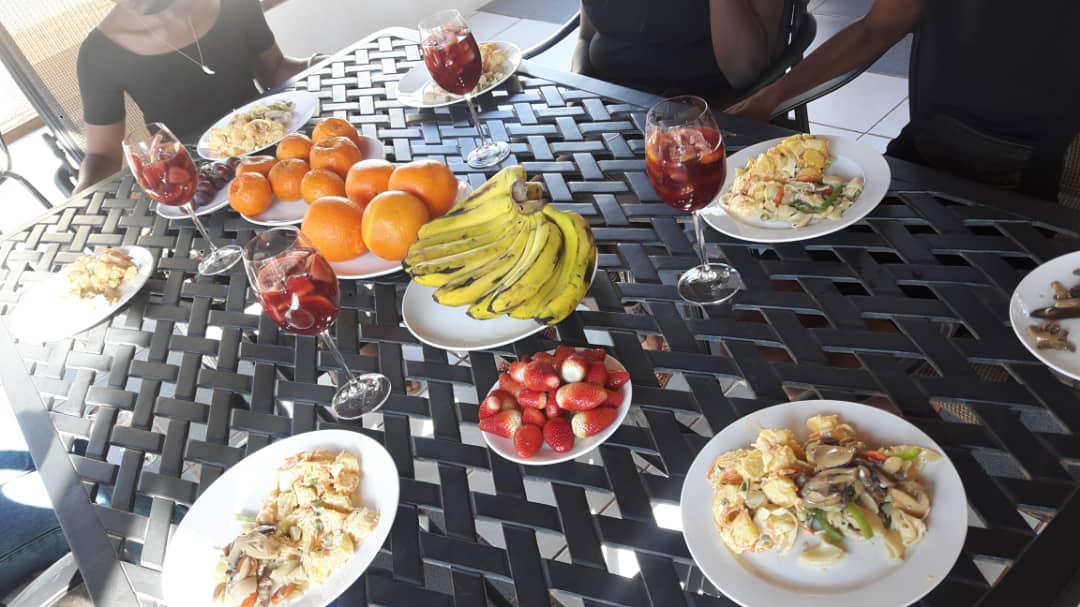
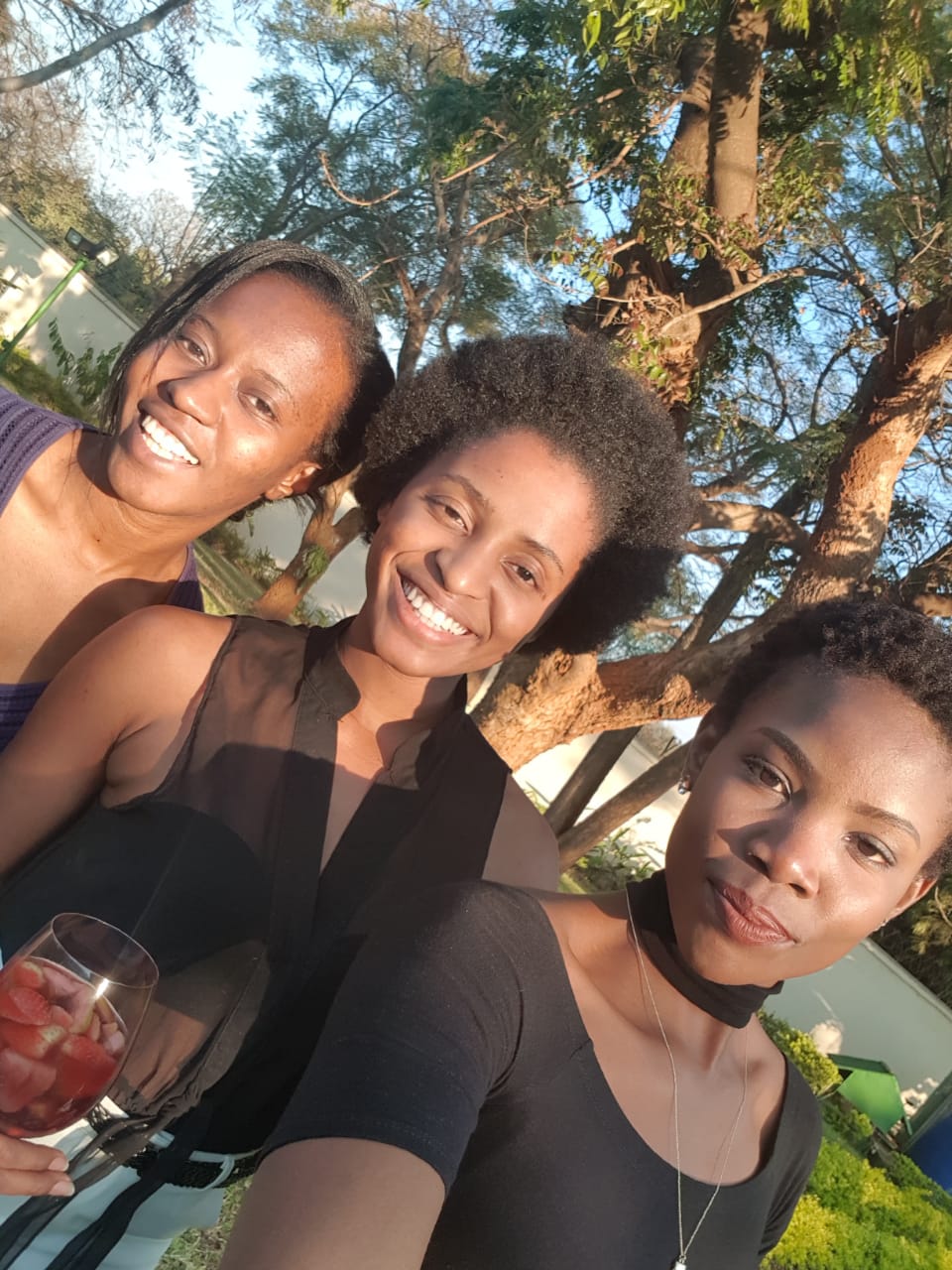
That, my friends, is what Vincent Nguyen says about friendship. I hope you learnt a thing, or twenty three (agepun inteded!), about being a better friend.
All my love,
Ntha x
(Excerpt from the book “By the end of your teens” by Nthanda Lizzie Manduwi)